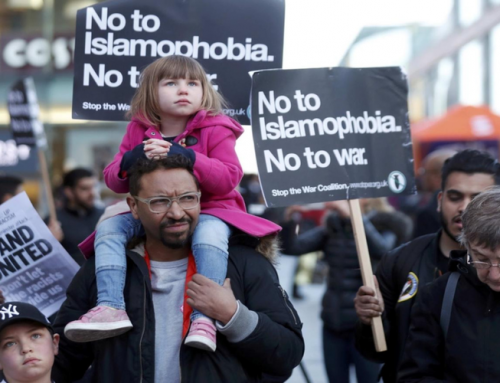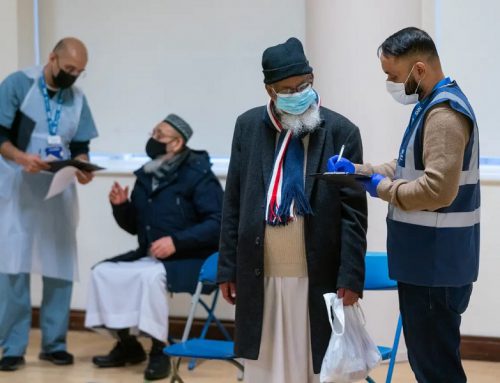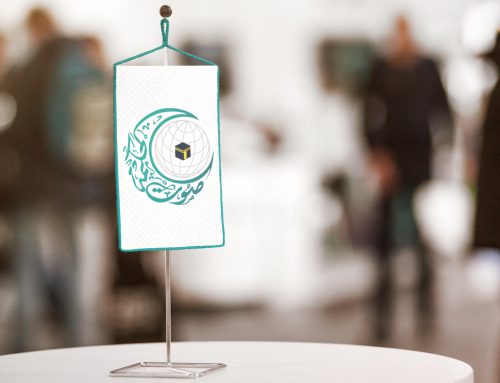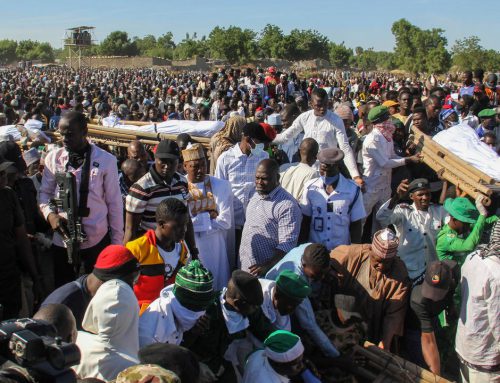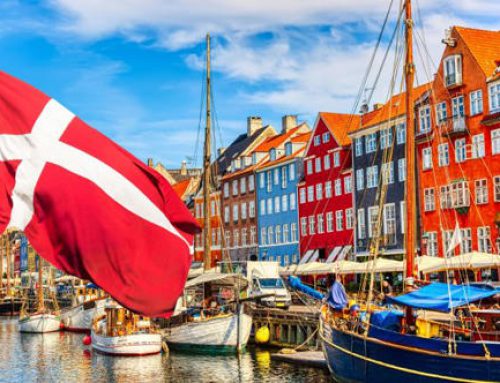Islamophobia is one of the most important phenomena that disturb the civilizational coexistence and social peace of Muslims in non-Muslim societies, being a prominent phenomenon in Western societies compared to non-Western societies, in which Muslims live as minorities. There is no doubt that the historical roots of the relationship between Islam and the Western World in its Christian form plays a prominent role in the crystallization of negative perceptions of the Muslim other in the Western mentality, but the impact of these historical roots is limited to the impact of contemporary factors which re-formulated the relationship of the Western culture with Islam and Muslims at a time of increasing religious violence and extremism in which a small number of self-proclaimed Muslims have appeared, deepening Islamophobia in the Western system and power after the September 11 attacks, thus breaking the concept of security following the attacks that hit the depth of some European capitals (Madrid, 2004, London, 2005, Paris, 2015). The problem of cultural identity in the world and in the Western societies has also been exacerbated by globalization and the neoliberal approach that prevailed in the West, especially in the United States of America. This is because of the steady increase in the number of Muslims there, as a result of the high fertility rates among Muslims and the migration waves, resulting from the refugee crises (Somalia, Iraq, and Syria). All this happened in the middle of a historic era entailing clear political and economic decline in the Western countries and a shift in the welfare levels. These factors have clearly contributed to the formation of a closed intellectual structure based on an exclusive national sentiment that sees the intellectual other, the religious other and the ethnic other, as a reason for the economic decline and the loss of privileges of the old time, and thus the tendency towards populism which is against liberal values, which established equality and acceptance of the other and human rights, which explains the crystallization of the concept of Islamophobia in the Western societies as a mechanism to defend against the concerns formed by the above factors, and thus turned into a daily reality in the public life of Muslims in the Western societies, which led some institutions to be part of this campaign, and to invest in it, politically, culturally, and even economically, thus, resulting in the institutionalization of this phenomenon and its emergence as an official and declared agenda for some media, academic and political institutions. Some 119$ million dollars were spent in 2015 to promote Islamophobia, with an increase of 57% of hostile acts against Muslims and Islamic symbols in 2016 compared to 2015.
In light of the obvious deterioration of this phenomenon and its obvious impact on cultural coexistence and its destabilization of integration projects involving Muslim minorities here and there, Islamic organizations in the Islamic world should take the necessary steps to rectify the wrong tracks of this phenomenon, since it no longer represents an existential threat to Muslims only, but also to the Western societies and their cultural values in general.
In this sense, our organization, the Organization of Islamic Cooperation (OIC), being the voice representing Muslims, was quick to adopt a comprehensive strategy to prevent this phenomenon from becoming entangled and from expanding its impact. A special mission was established to monitor and combat this phenomenon, named the Islamophobia Observatory, which was established by the Member States during the Third Extraordinary Islamic Summit Conference, in Mecca in 2005, and was activated following a resolution by the Council of Ministers of Foreign Affairs at its thirty-fourth session held in Islamabad in May 2007. The Observatory monitors the manifestations of hatred and intimidation of Islam, and takes the necessary measures to address them, as well as extending bridges in an organized manner to introduce people to Islamic values and to equip countries to face new challenges related to Islamophobia. The Observatory celebrated its 10th anniversary in April 2017. The meeting was held in Istanbul from 4-5 April and was attended by experts and was coordinated by the General Secretariat of the Organization of Islamic Cooperation and the Research Center for Islamic History, Arts and Culture (IRCICA) to discuss ways to support the role of the Observatory and evaluate its performance over the past ten years. Since its establishment, the Observatory has published monthly and annual reports on the phenomenon of Islamophobia. Its reports have been presented to the annual sessions of the Conference of Foreign Ministers of Member States aiming at adopting policies in this regard. The OIC’s activities are persistent and continuous in addressing this phenomenon through holding international seminars and conferences to raise awareness about the dangers of Islamophobia on the world peace and the stability of societies. This is one of the most important topics discussed at all OIC conferences at the level of leaders, and ministries, including the minsters of foreign affairs, media or culture. Among the pivotal conferences devoted to studying and combating this phenomenon is the First International Conference on Islamophobia: Law and Media, held in Istanbul on 13 September 2013. The conference was held at the recommendation of the Conference of Ministers of Foreign Affairs and the Conference of Information Ministers of the Member States held in Gabon in 2012, which is considered one of the most important conferences to face the issue of Islamophobia in all its aspects, including the media and legal aspects. This includes the conference of the Organization of the Islamic Conference held in December 2016 in Jeddah, which evaluated the organization’s performance in facing Islamophobia, which disturbs the stability of Muslims in their own communities.
*Dr.Tarik Ladjal is Professor of History at Effat University in Jeddah, Saudi Arabia

